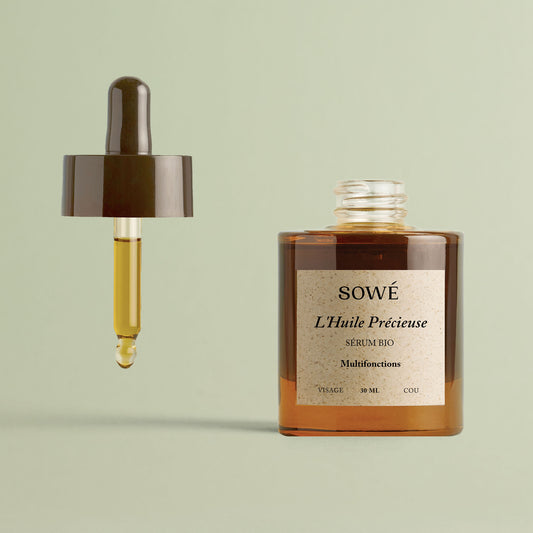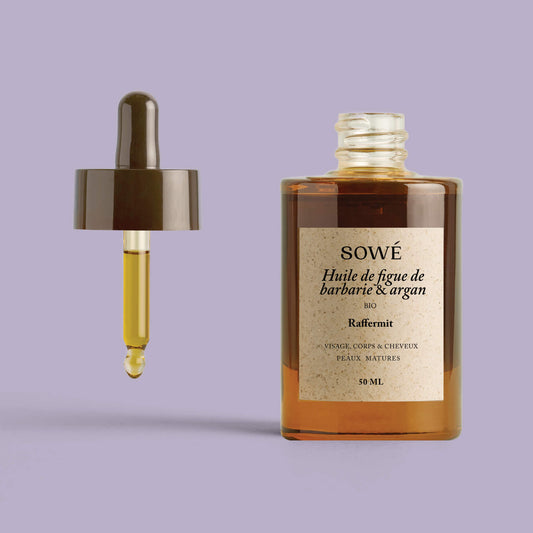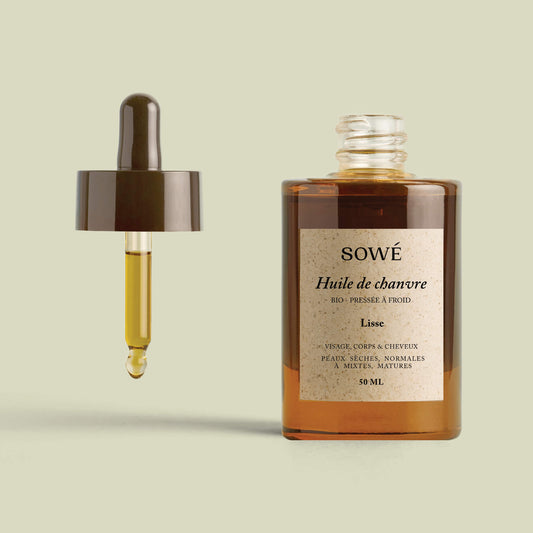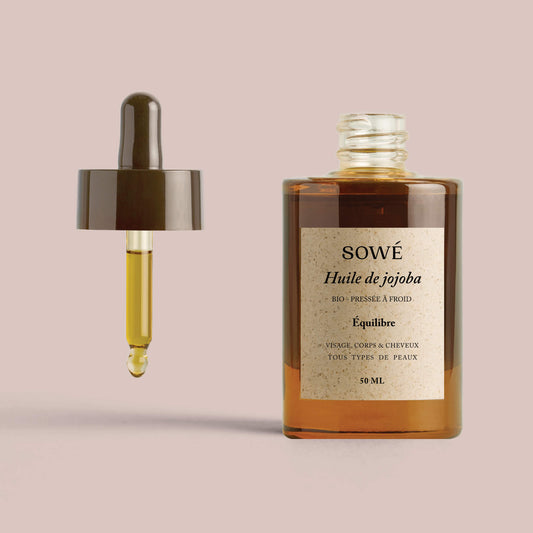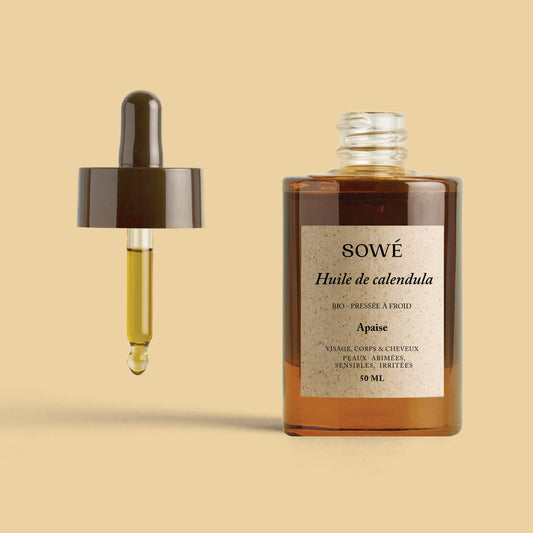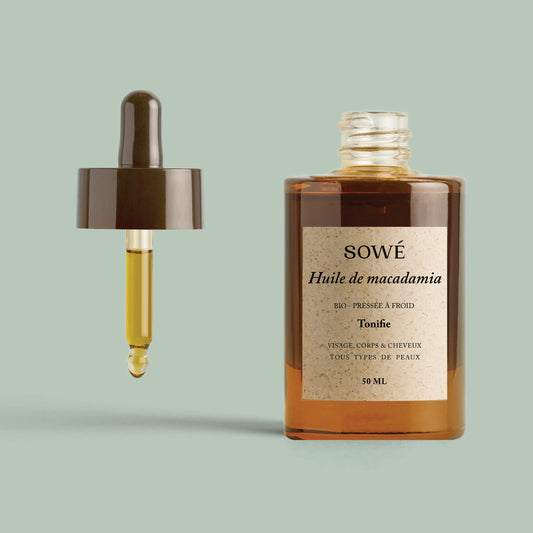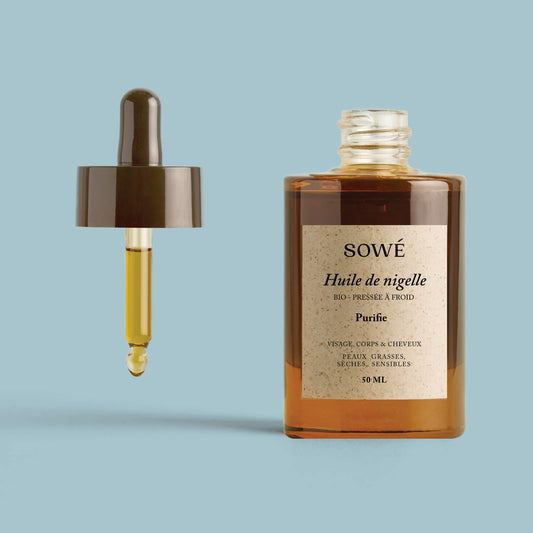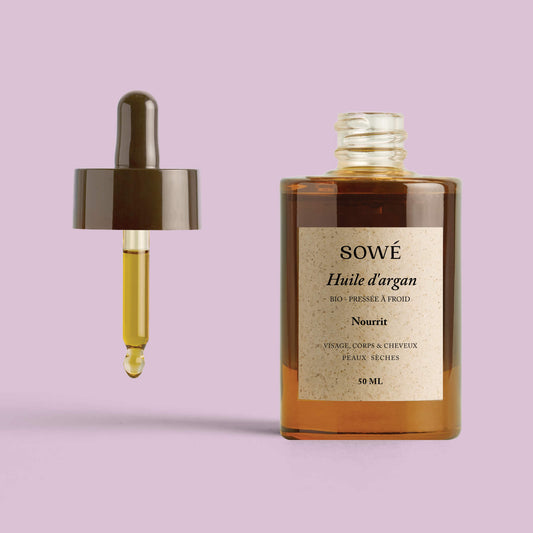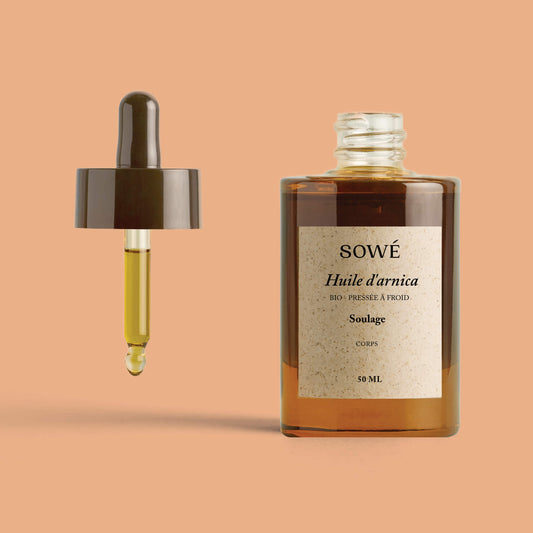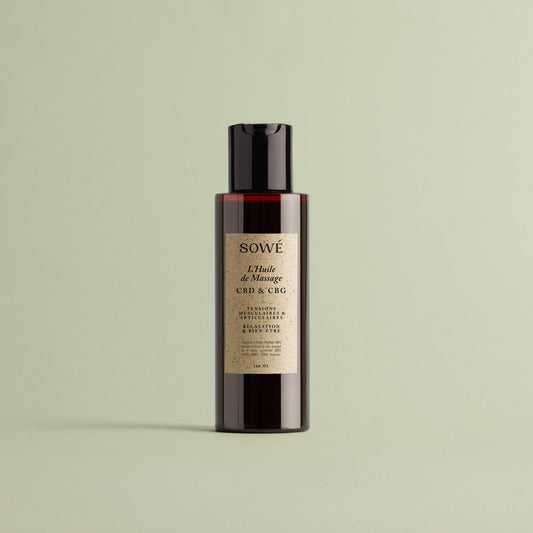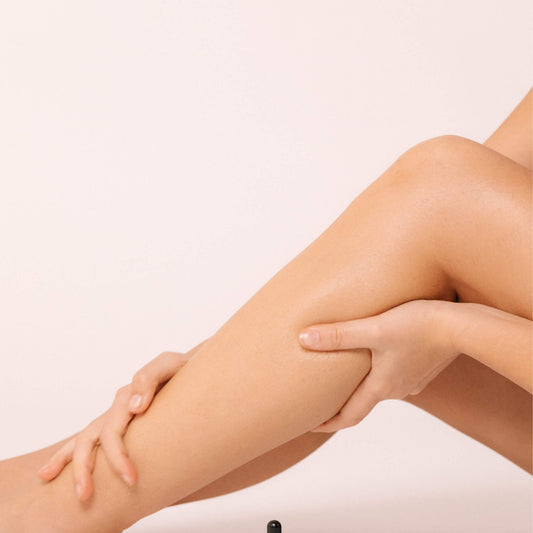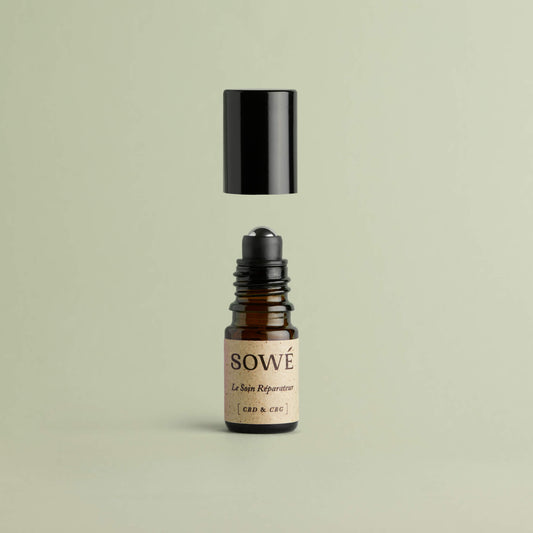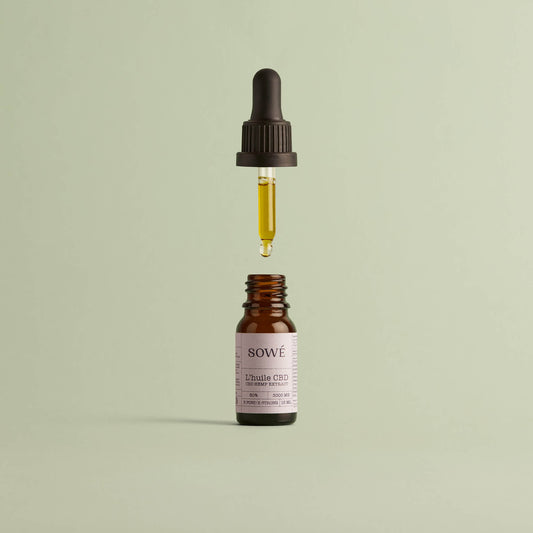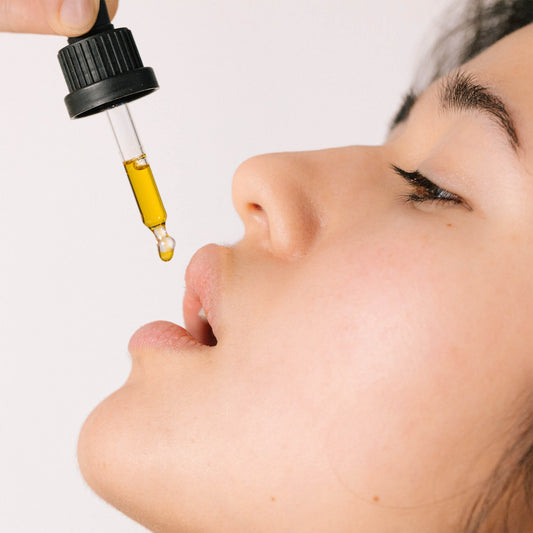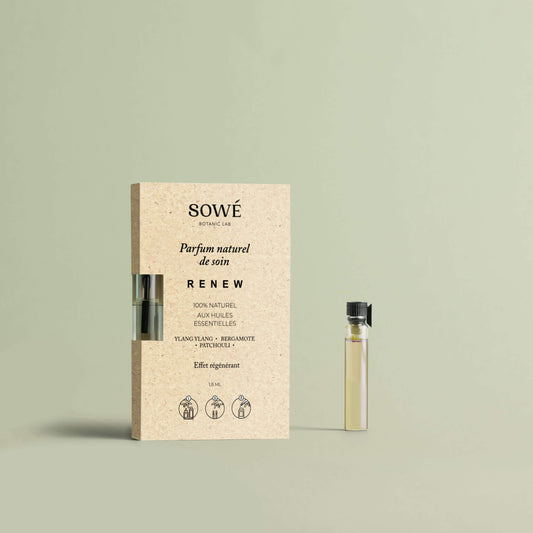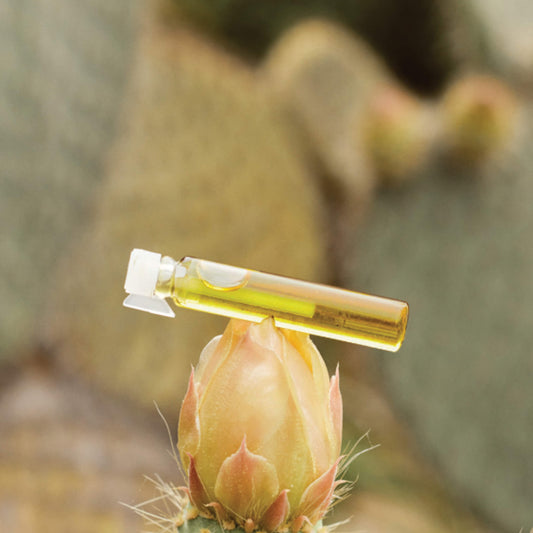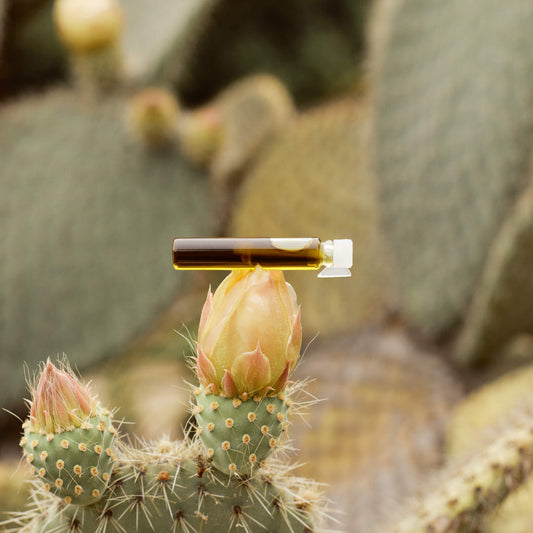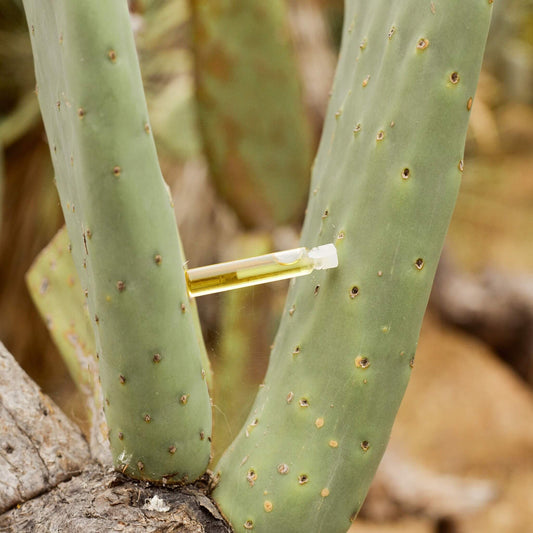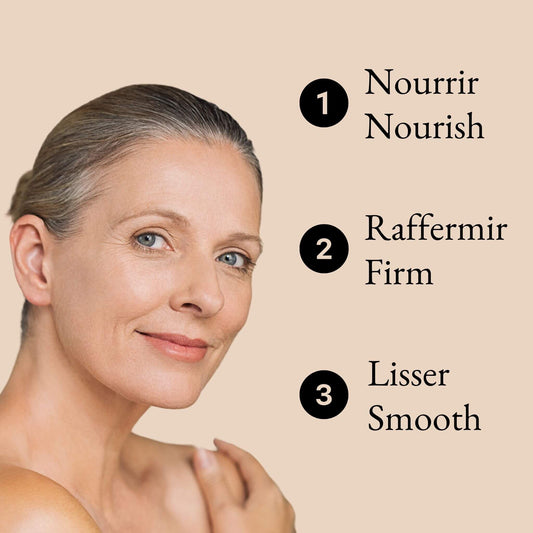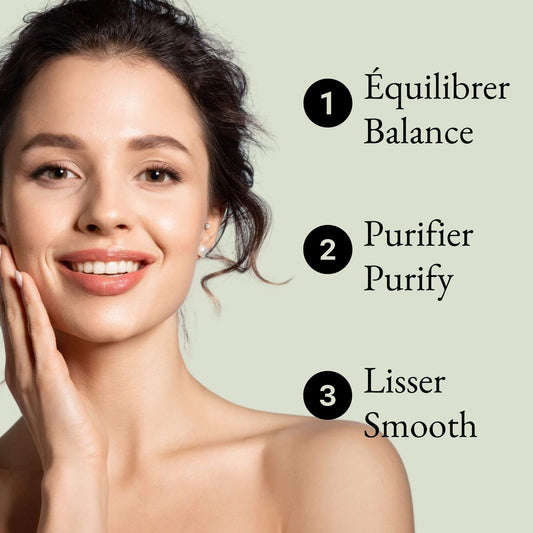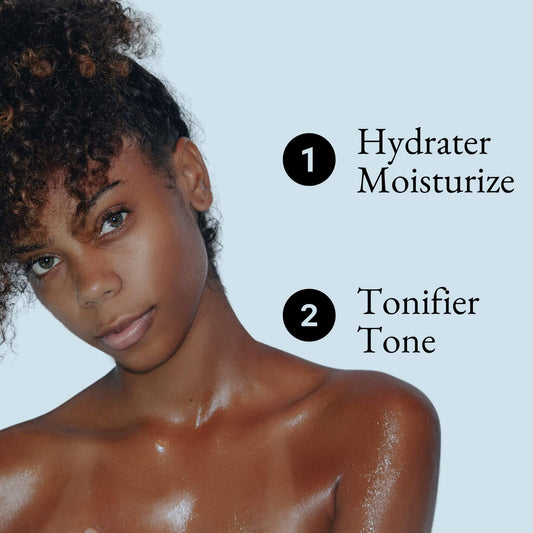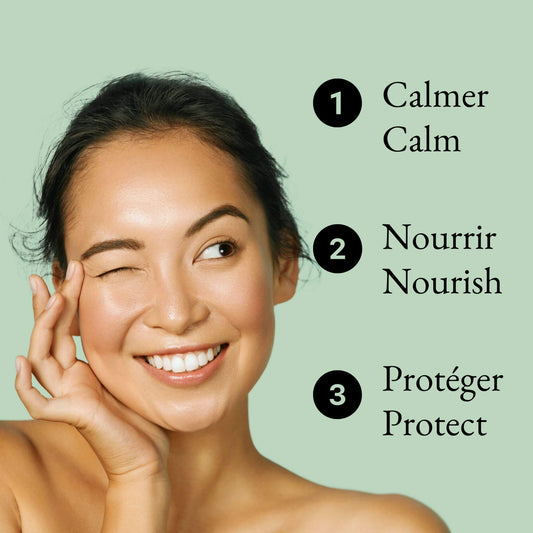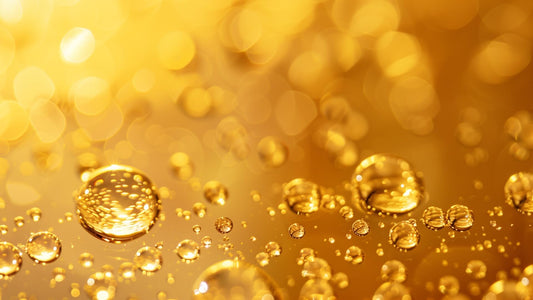Do you know the difference between natural and organic cosmetics?
Natural cosmetics
The beauty sector is moving more and more towards sustainable development and we're delighted about that, but beware of misconceptions and misleading information on this subject.
It's normal to be misled by marketing claims. It's not always easy to tell the difference between a natural product and an organic one. So let's take a moment to examine this together.
A clue? Natural cosmetics can, but don't necessarily have to be organic, whereas organic cosmetics are always natural.
A little confused? Don't worry, we'll explain.
A natural product is made up of natural ingredients from a natural source. Ingredients such as vegetable oils, butter, waxes, etc. are generally found in organic products.
All these ingredients can come directly from nature and be considered natural, but for them to be organic, they must comply with strict specifications, such as cultivation conditions, the restrictive use of pesticides, sustainable extraction processes, etc.
If we take the example of water, a large proportion of cosmetic products are manufactured using large quantities of water, which is considered natural but not organic. Beware of claims of 100% organic products, as the probability of such a result is very low.
What does it take for a natural product to be organic? How can you be sure that it really is?
These days, there are many companies that can certify an organic product or raw material. These bodies have strict rules and specifications that suppliers must follow in order to obtain these famous labels.
We're sure you can recognise some of these companies:
Source : DSM 2018
As a company committed to sustainable development, Sowé ensures that all its ingredients are certified by a recognised body. In fact, all our ingredients are very carefully selected, taking into account the sustainable practices of the supplier, the extraction processes, the source of the ingredient and whether the ingredient is certified organic.
We are proud to say that all Sowé ingredients are organic and certified by Ecocert.
Eco-certified manufacturers focus on responsible management of waste, energy, maintaining ecological balance, biodegradable materials and reducing contaminants (heavy metals, pesticides, mycotoxins, nitrosamines). They are audited twice a year to ensure that they meet the requirements of the organic certification standard.
For example, here are some of the requirements for Ecocert certification:
- All processes (including harvesting, extraction methods, etc.) are audited and eco-certified
- No synthetic fragrances or colours, petroleum derivatives, polymers, parabens or other potentially harmful substances
- Absolutely no animal testing
- Only animal by-products that do not directly endanger animals and whose use does not harm the ecological balance can be used (beeswax, honey, milk, etc.)
Having this type of certification for our ingredients gives us the assurance that we are working with components of the highest quality for our formulations. To find out more about our ingredients, visit our website and our ingredients library.
Sources
- DSM (2018) Natural / Organic certifications: different guidelines - what are the differences? Retrieved: https://www.dsm.com/content/dam/protected/personal-care/en_US/concept/house-of-naturals/EcoLabels_Introduction_2018-07.pdf
- Ecocert - Agir pour un monde durable (2022). Retrieved: https://www.ecocert.com/fr-FR/home




